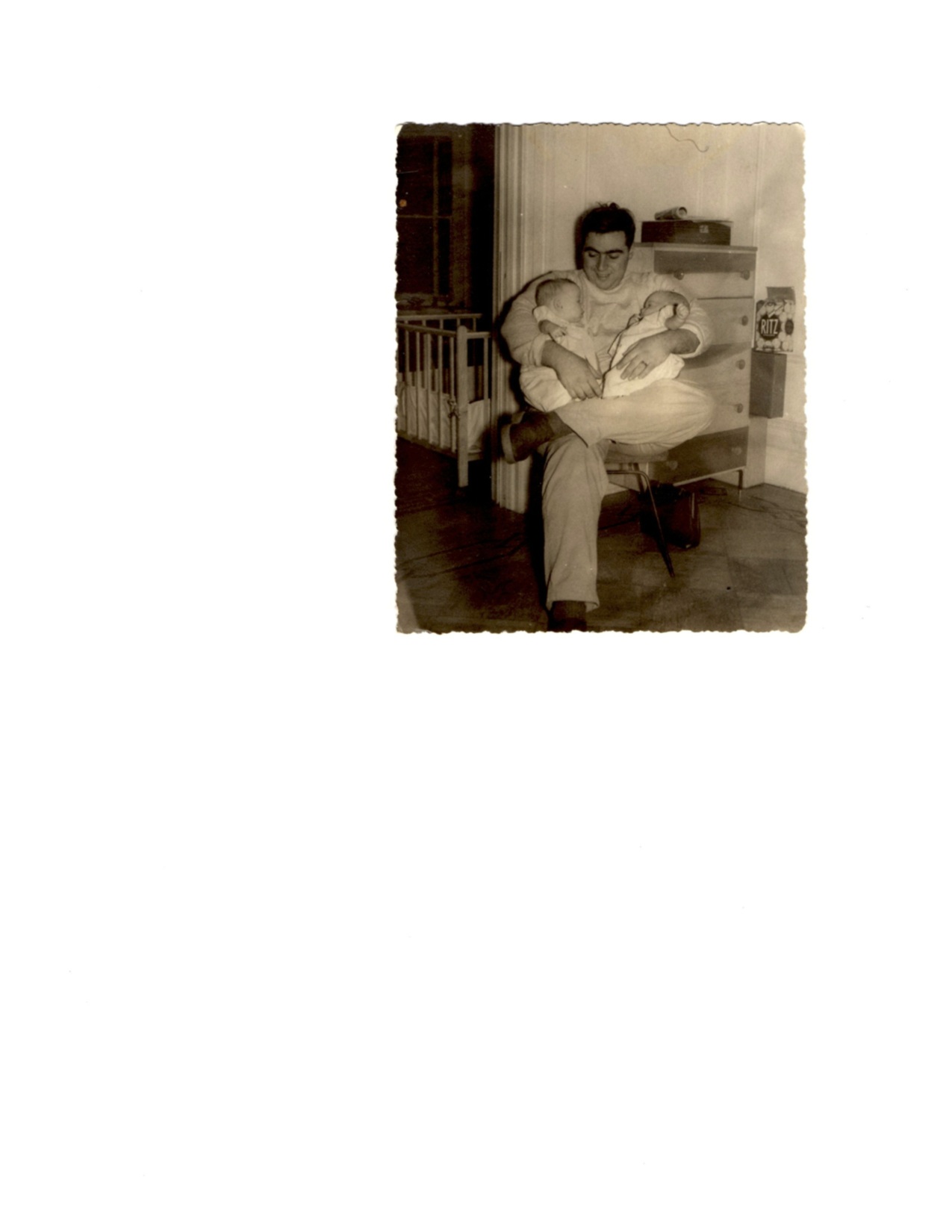(Article changed on July 19, 2013 at 18:57)
(Article changed on July 19, 2013 at 18:49)
As more information comes out in the aftermath of the George Zimmerman verdict, it's becoming clear that a number of factors convened to stack the deck in favor of an acquittal - despite the fact that three out of the six jurors reportedly began deliberations leaning towards a guilty verdict.
First, the Sanford police department's failure to properly investigate the shooting, meant that crucial evidence was lost - including immediate eye witness testimony and the testing of Zimmerman's blood (while Trayvon Martin's blood was tested!).
Second, the judge disallowed certain aspects of the prosecution's case, such as the totality of Zimmerman's previous calls to police, the evidence by voice experts that the scream heard on the 911 call was not Zimmerman's, the use of the term "racial profiling" - a concept clearly relevant to this case - and a murky set of instructions that were slanted in Zimmerman's favor.
Finally, as Lisa Bloom - legal analyst for MSNBC - argued , the prosecution made a number of errors, including reinforcing the visualization of Zimmerman's version of events, being squeamish about bringing up race (and even declaring that the case was not about race), not making enough use of Zimmerman's previous phone calls to police, and not objecting to the defense's endorsement of racial profiling.
However, in discussing the role of racial prejudice in the ultimate verdict, I think it's important to understand that prejudice is more than just a single thought or judgment. The field of social cognition has been especially useful in delineating the many layers of bias, prejudice and racism that exist, in the way people think about each other.
Take stereotyping: once a stereotype is formed, researcher Susan Fiske points out that people tend to seek out information that reinforces that stereotype; they tend to pay more attention to that reinforcing information; and they tend to remember it better. They also tend to ask questions that further their stereotyped view, and to confuse members of the stereotyped group with each other. So, the Sanford police - in their limited search for witnesses - managed to find one witness that corroborated Zimmerman's story. In the absence of voice expert testimony, friends and relatives of George Zimmerman were convinced that it was his voice they heard on the 911 tape, screaming for help. Interestingly, the biases of the defense attorney - Mark O'Mara - became more clear after the verdict, when he declared that a black George Zimmerman would never have been charged. (Perhaps it had slipped his mind that Zimmerman himself was not charged until public outrage forced the issue.) And who could forget Zimmerman's own words , assuming Trayvon was a criminal without any evidence, as he followed him? And Juror B37 seemed to display a sense of familiarity with George Zimmerman that suggested that she identified more with him than with the deceased Trayvon Martin. She clearly believed Zimmerman's side of the story. These social cognition dynamics would suggest that she asked about and retained that part of the trial better, as well.
In terms of attribution - i.e., internal explanations of why a person acted as they did - people tend to explain the behavior of the "other" as caused by their innate disposition, while explaining the behavior of members of their own group as a reaction to external forces. In addition, the very need to explain behavior seems to arise more when looking at the "out" or stereotyped group. Thus, researcher Susan Fiske points to a gender gap in voting behavior as often explained in terms of how women deviate from the male norm. So, those sympathetic to Zimmerman saw his behavior as reacting to Martin, and vice versa. Zimmerman's designation of Martin as an "f***ing punk" is clearly a comment on Martin's character! Again, Juror B37 explained Zimmerman's profiling of Martin as resulting from Martin's behavior - the way he was walking - rather than from any predispositions on Zimmerman's part. She clearly seemed to think that Martin's behavior required some sort of explanation, not Zimmerman's.
Factors such as time pressure, and a greater need for control also seem to exaggerate the use of simplistic stereotyping.This would certainly describe the situation of the jurors.
Two additional insights from Fiske's review seem particularly well suited to the Zimmerman trial: 1) that the "other" is seen as having primitive, animalistic emotions, while the "in" group members are seen as having more complex emotions.
Commentators such as Joy-Ann Reid noted the assumption of the defense that Zimmerman would have felt fear, while Martin was simply the one to be feared. As she points out, Martin's fears were not fully addressed by the prosecution until the very end of the trial. That fear didn't seem to enter into Juror B37's reasoning, either.
Finally, Fiske eloquently describes our society's hierarchy of stereotyping:
"... women have gender, and blacks have race more than men and whites respectively do."
The idea of both maleness and whiteness being the neutral state of humanity, with women and blacks being somehow "exotic" was raised during the confirmation hearings for Justice Sonia Sotomayor. (It also plays a role in our reproductive rights politics.)
Contrary to the Supreme Court's judgment on how far we have come since the Voting Rights Act was signed, racial prejudice is a continuing, self-perpetuating phenomenon. The Zimmerman verdict demonstrates how far we haven't come.





